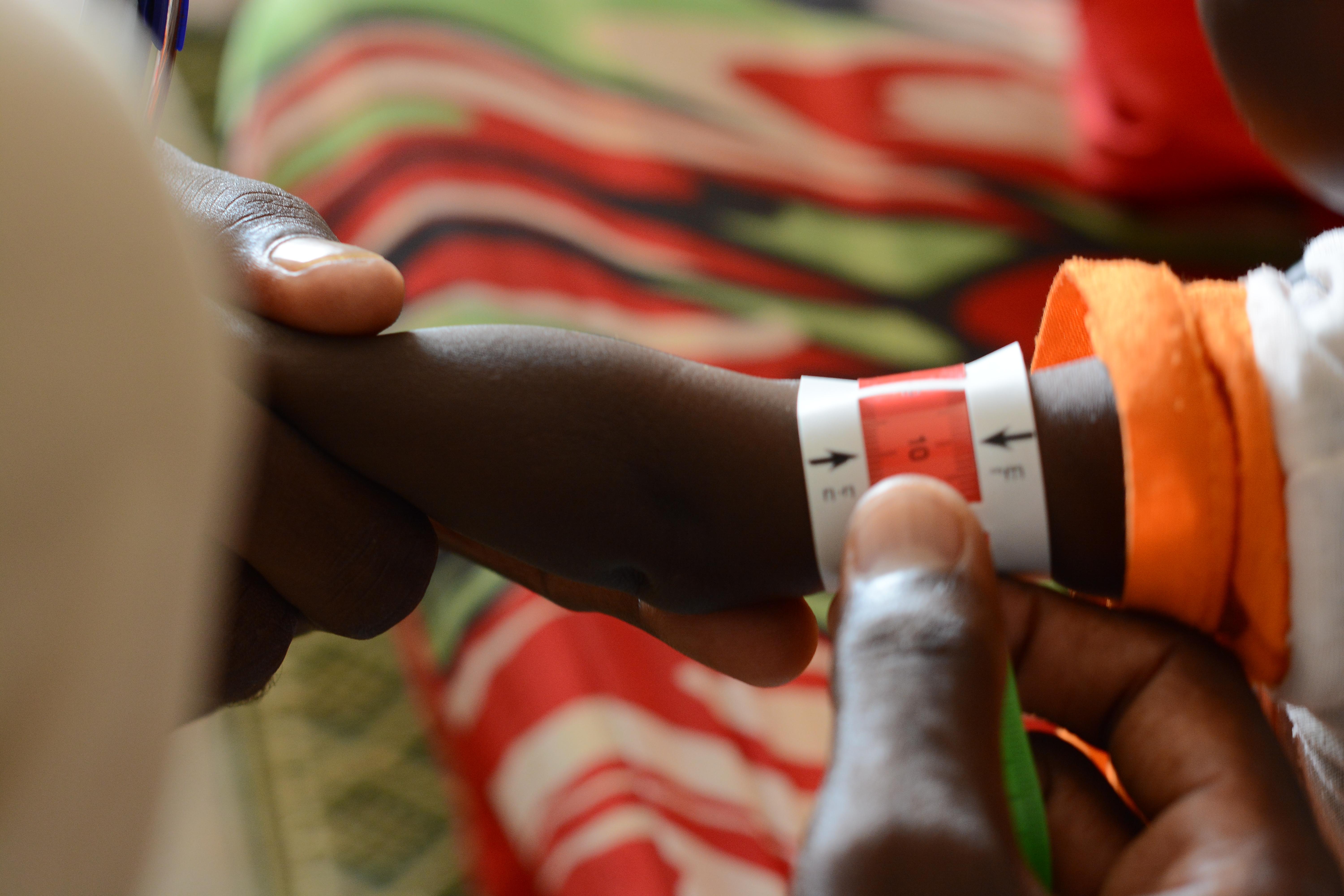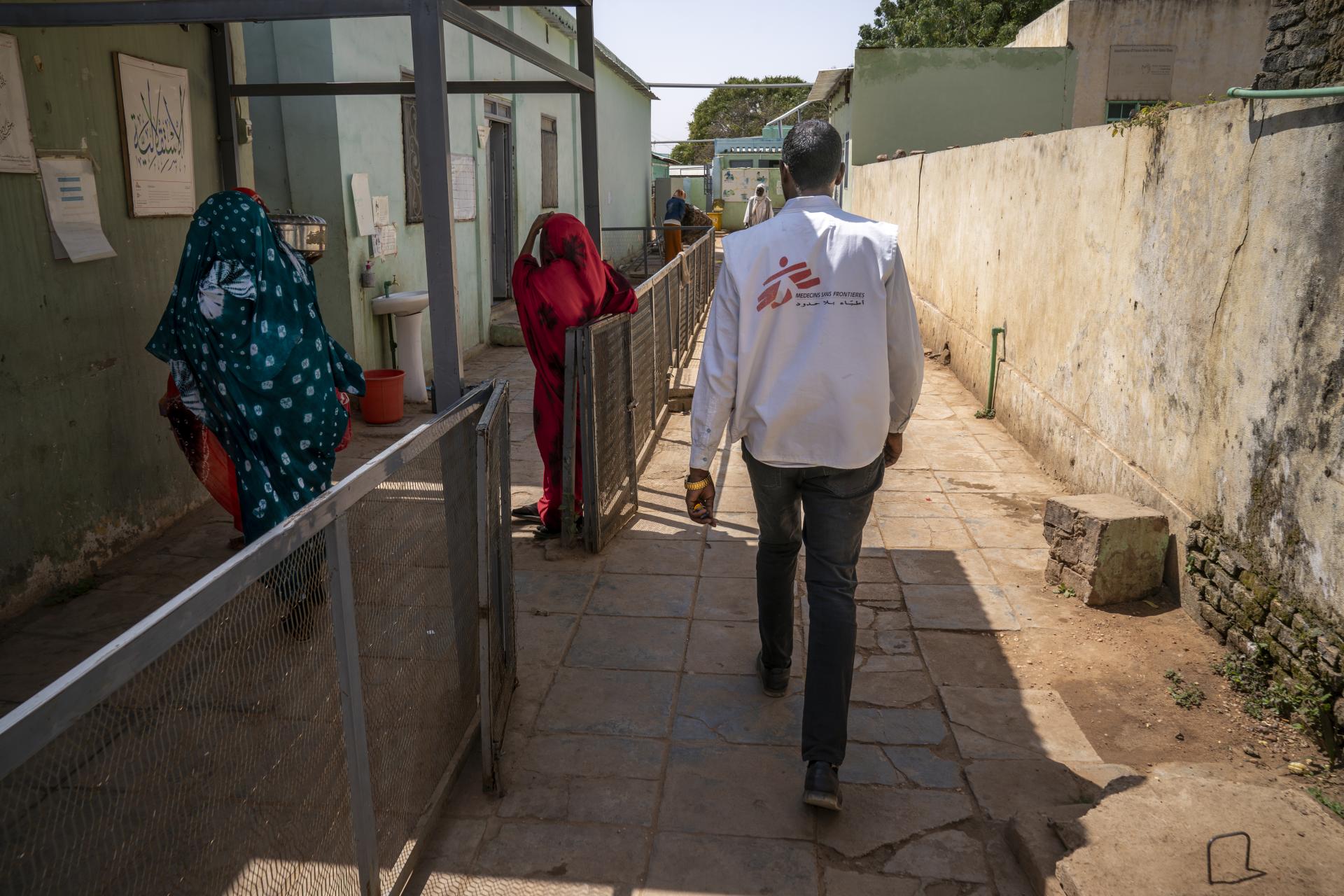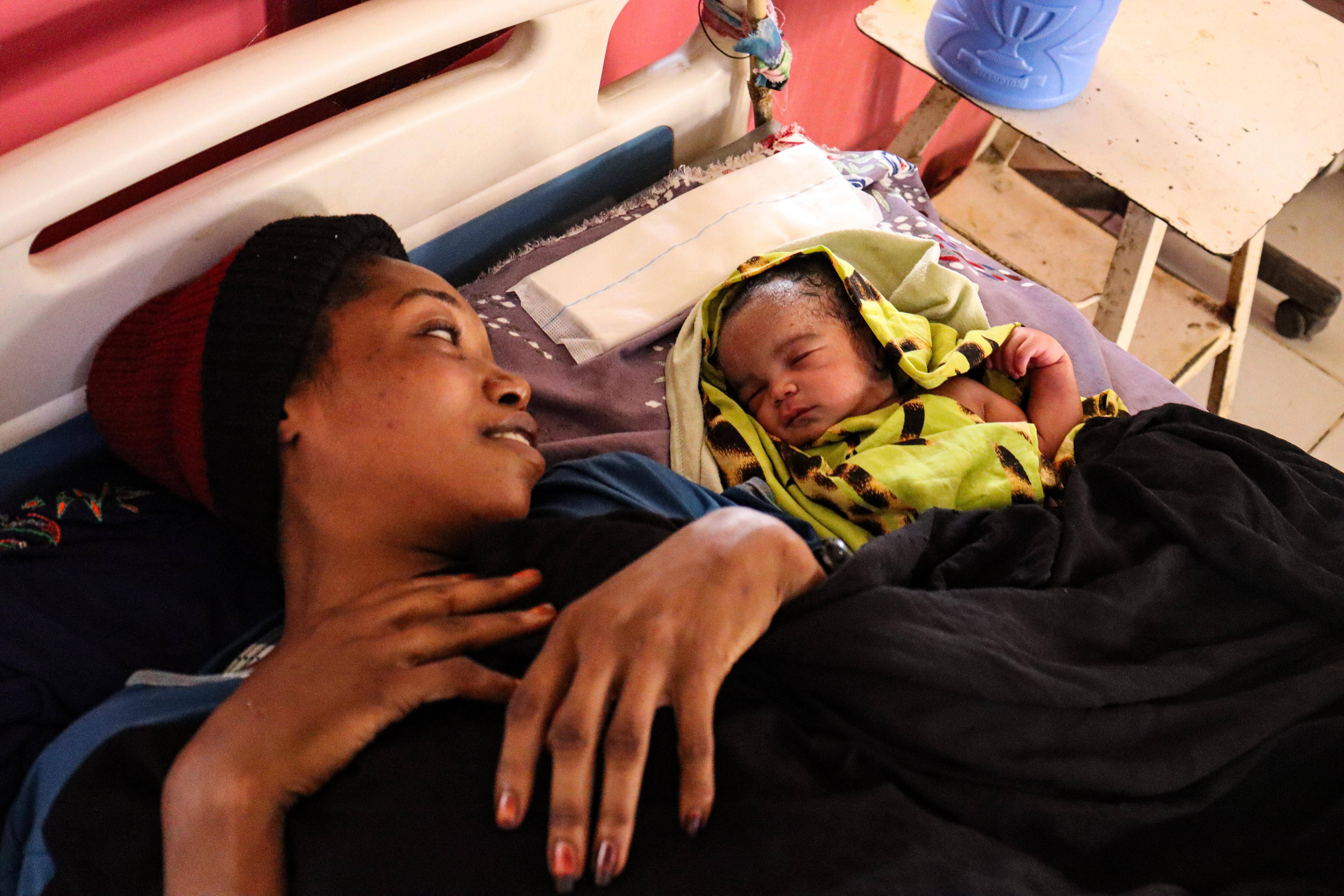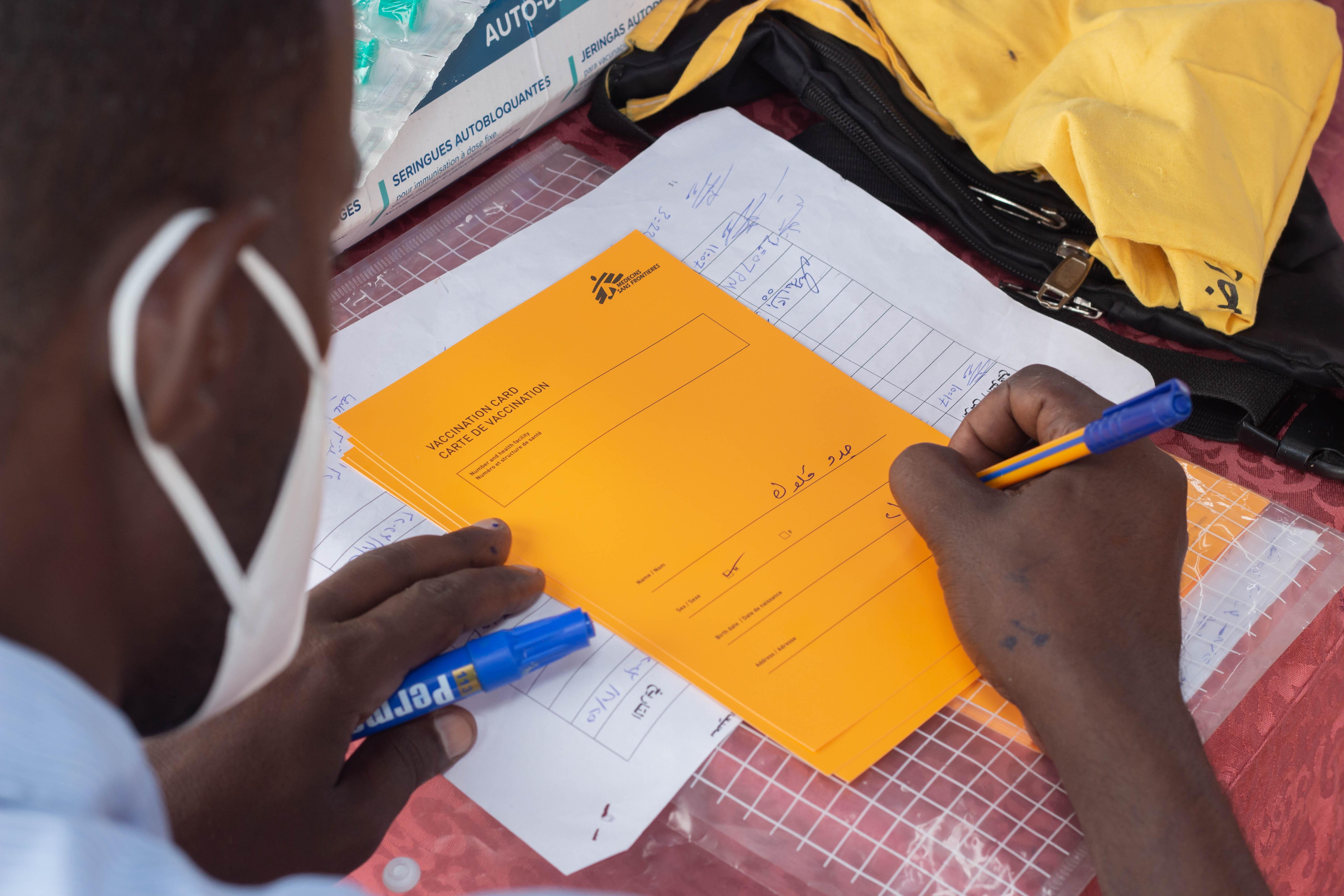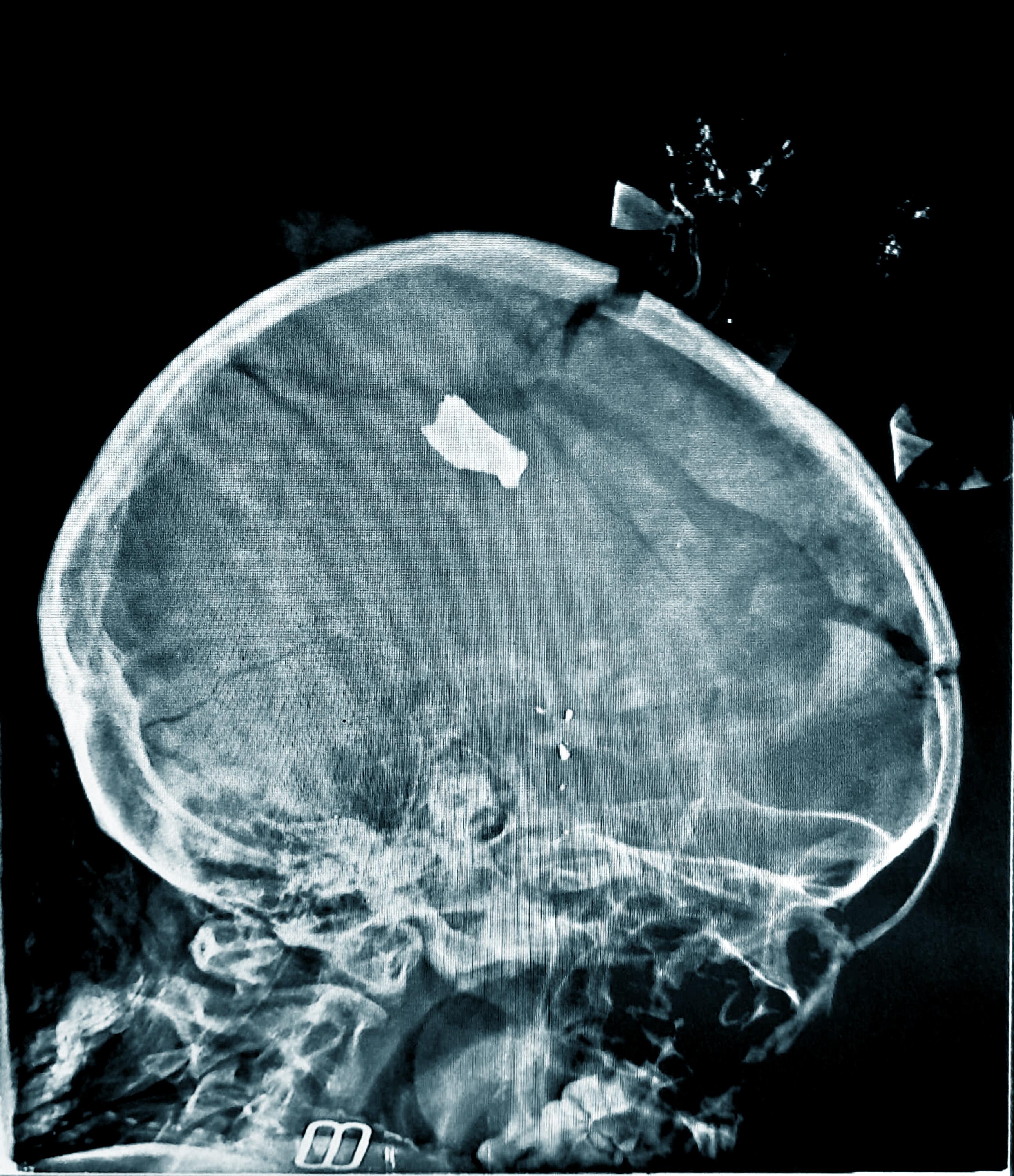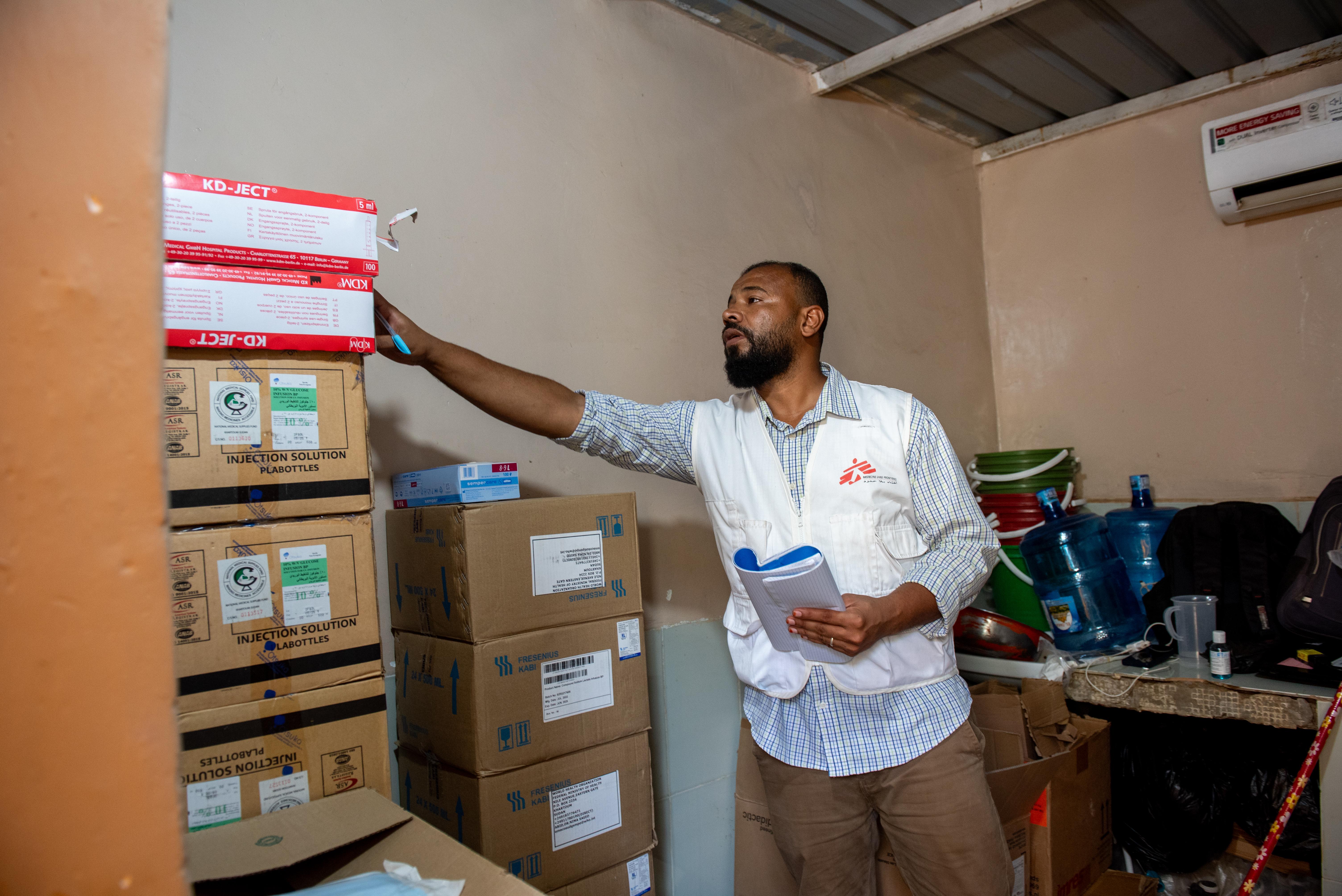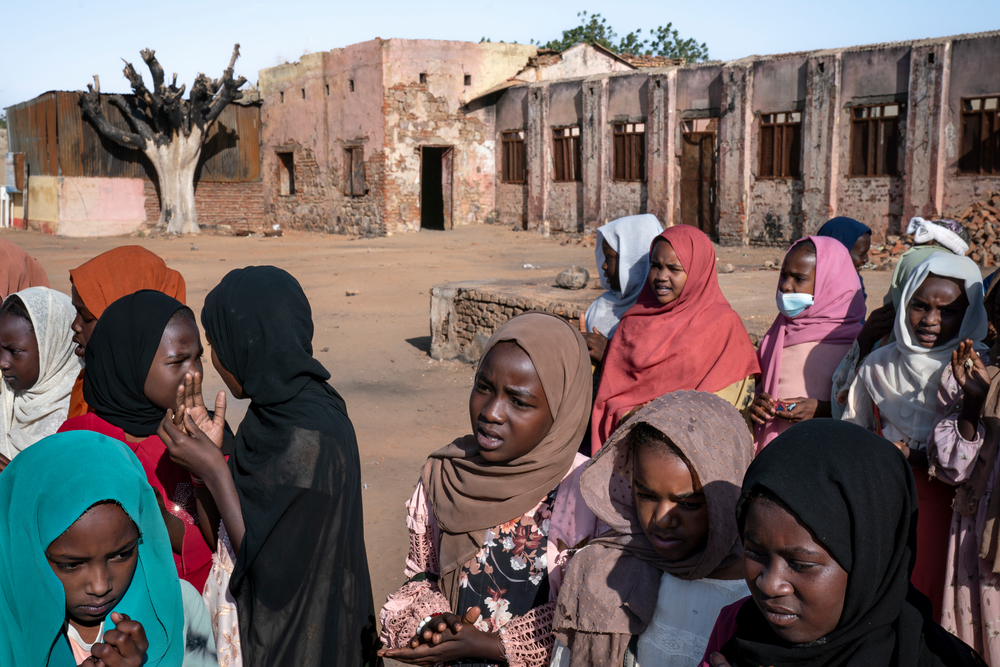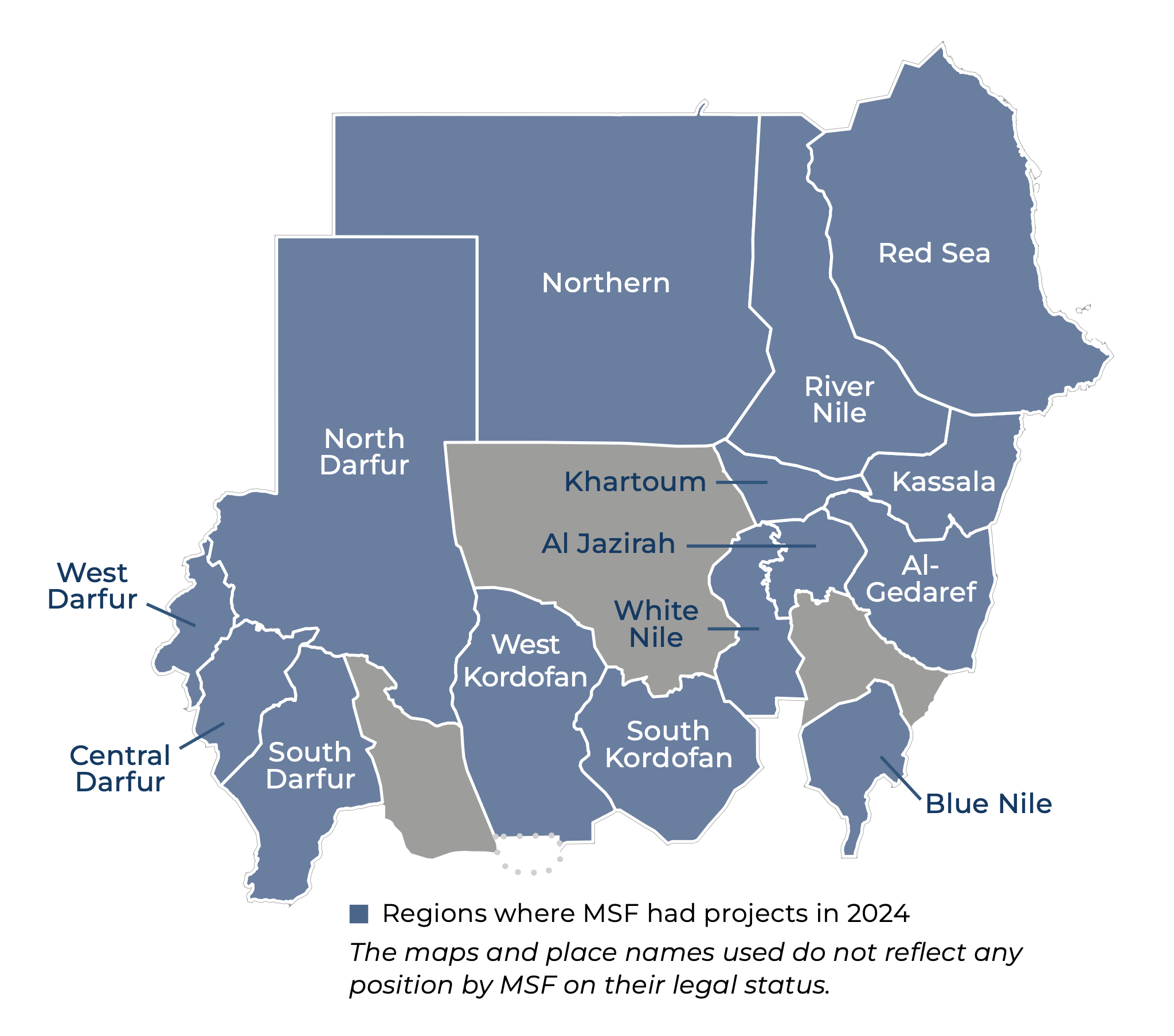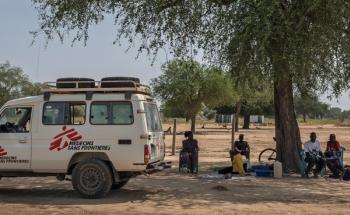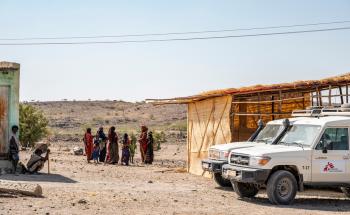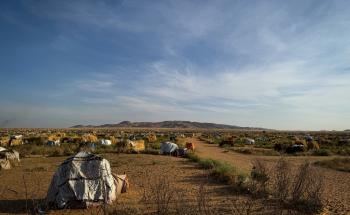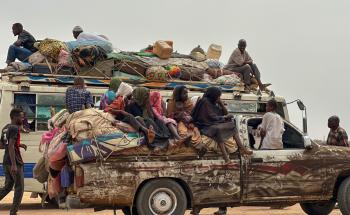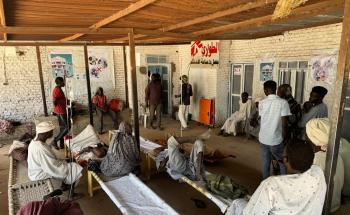MSF ran a range of activities in Sudan to respond to the immense needs. Our teams faced numerous challenges in the delivery of care, including restrictions imposed by both warring parties, delays in receiving travel permits, and disruptions to supply routes due to insecurity, as well as attacks on our facilities and staff. Despite these obstacles, we had teams working in 15 of the country’s 18 states, and were one of only a handful of organisations operating in areas controlled by both the SAF and the RSF. To date, the international humanitarian response to the crisis has been insufficient.
Violence-related injuries
While the fighting spread across the entire country, two key inflection points in 2024 were the battles for control over Khartoum state in the east, and North Darfur in the west.
North Khartoum (Bahri), Omdurman, and south Khartoum were all affected by ground fighting, shelling, and air and drone strikes, resulting in large influxes of wounded patients at the Turkish hospital and Bashair Teaching hospital in south Khartoum, and at Al Nao hospital in Omdurman, where our teams worked. One in six war-wounded patients treated at Bashair hospital between January and November was under the age of 15.
In many parts of the country, health facilities were targeted, including in El Fasher, North Darfur, where hospitals were, causing numerous casualties among patients and staff, and south Khartoum, where armed fighters entered hospitals on several occasions, firing weapons and killing a patient in Bashair Teaching hospital. These violent attacks eventually forced MSF to suspend medical activities in El Fasher and in two hospitals in Khartoum.
Malnutrition
On multiple occasions, MSF raised the alarm about the malnutrition crisis in Zamzam camp in North Darfur, which was evident from the results of the mass screenings we ran there throughout the year. The crisis, which began when deliveries of food and other humanitarian assistance stopped following the outbreak of war in 2023, was further exacerbated from May 2024 onwards, as the RSF laid siege to El Fasher and surrounding camps, including Zamzam. In October, we had to suspend our outpatient nutrition activities due to the blockade on supplies. Shortly after we resumed these activities, the camp was repeatedly shelled, forcing us to halt our outpatient nutrition services again in December.
MSF teams also saw alarmingly high rates of malnutrition and hunger in other parts of Sudan. When we screened children in South Darfur and Omdurman (Khartoum state), we found the malnutrition rates to be above emergency thresholds. In the southeastern state of Blue Nile, the number of children admitted to Damazin hospital for severe acute malnutrition was double that of the previous year.
Disease outbreaks
Outbreaks of vaccine-preventable diseases occurred in many parts of the country during 2024.
In the second half of the year, the east and centre were hit by a major cholera outbreak after heavy rains. The situation was particularly dire in displacement camps, where people were living in overcrowded conditions with little access to clean water. MSF responded in Khartoum, River Nile, White Nile, Blue Nile, Kassala, and Al-Gedaref states by setting up new, and supporting existing, treatment centres. Our teams also saw worrying rates of malaria and dengue across Sudan.
As well as supporting routine vaccinations, MSF ran several catch-up campaigns for children who had missed out in 2024, including for measles in Rokero, Central Darfur. We also responded to a measles outbreak in East Jebel Marra, West Darfur.
Maternal and child health
It was especially difficult for mothers and children to obtain medical care. In South Darfur, MSF teams saw many pregnant women and newborns die due to the scarcity of functioning health facilities. Unaffordable transport costs also meant that by the time some women arrived at a hospital, they were already in a critical condition.
Hard-to-reach communities
Alongside providing healthcare in overcrowded displacement camps and urban battlegrounds, MSF continued delivering medical services to remote and isolated communities, such as Foro Baranga in West Darfur, focusing on malnutrition and malaria screening and treatment, through outreach activities. In Rokero, Central Darfur, we supported health facilities and a network of community healthcare workers.

